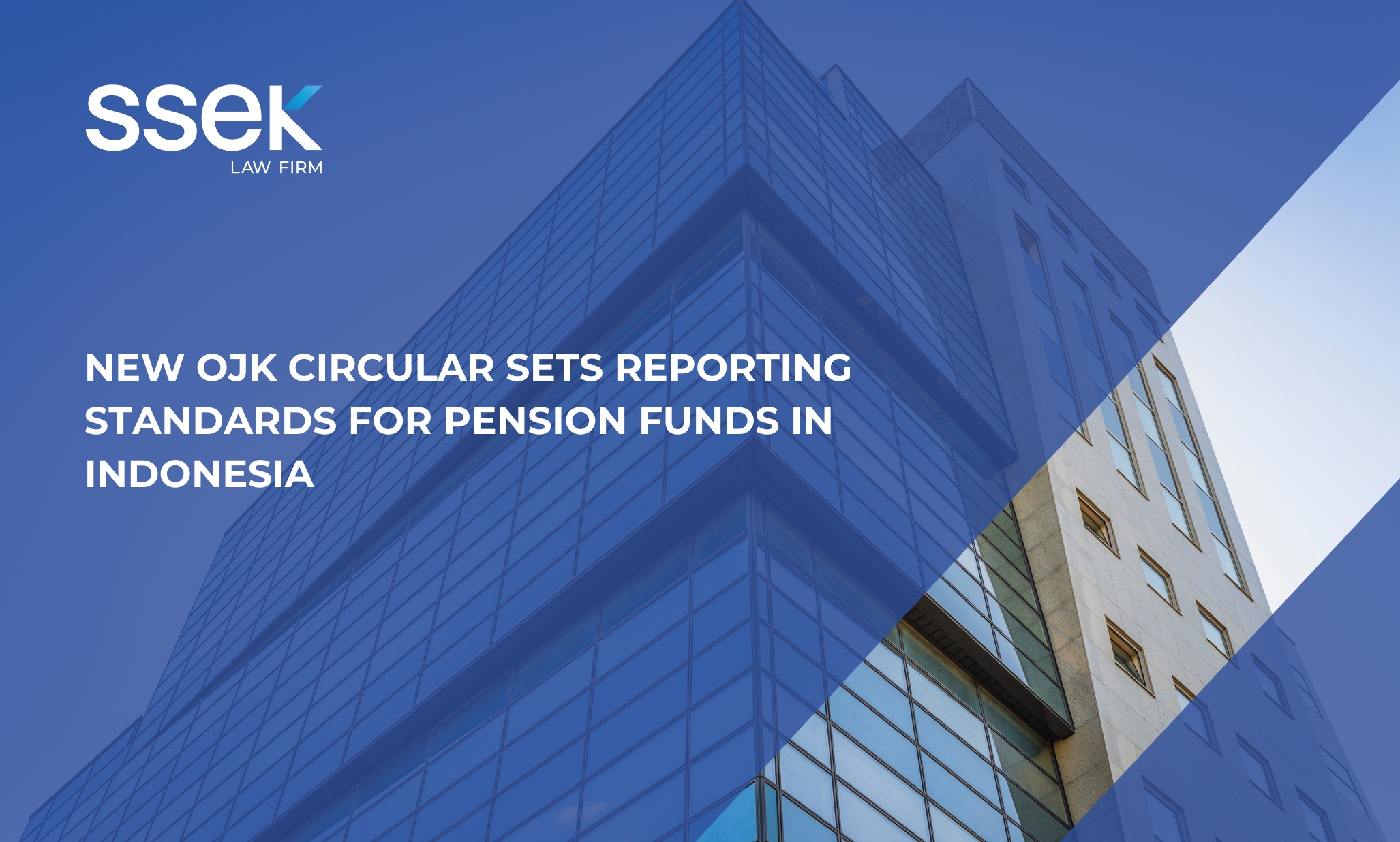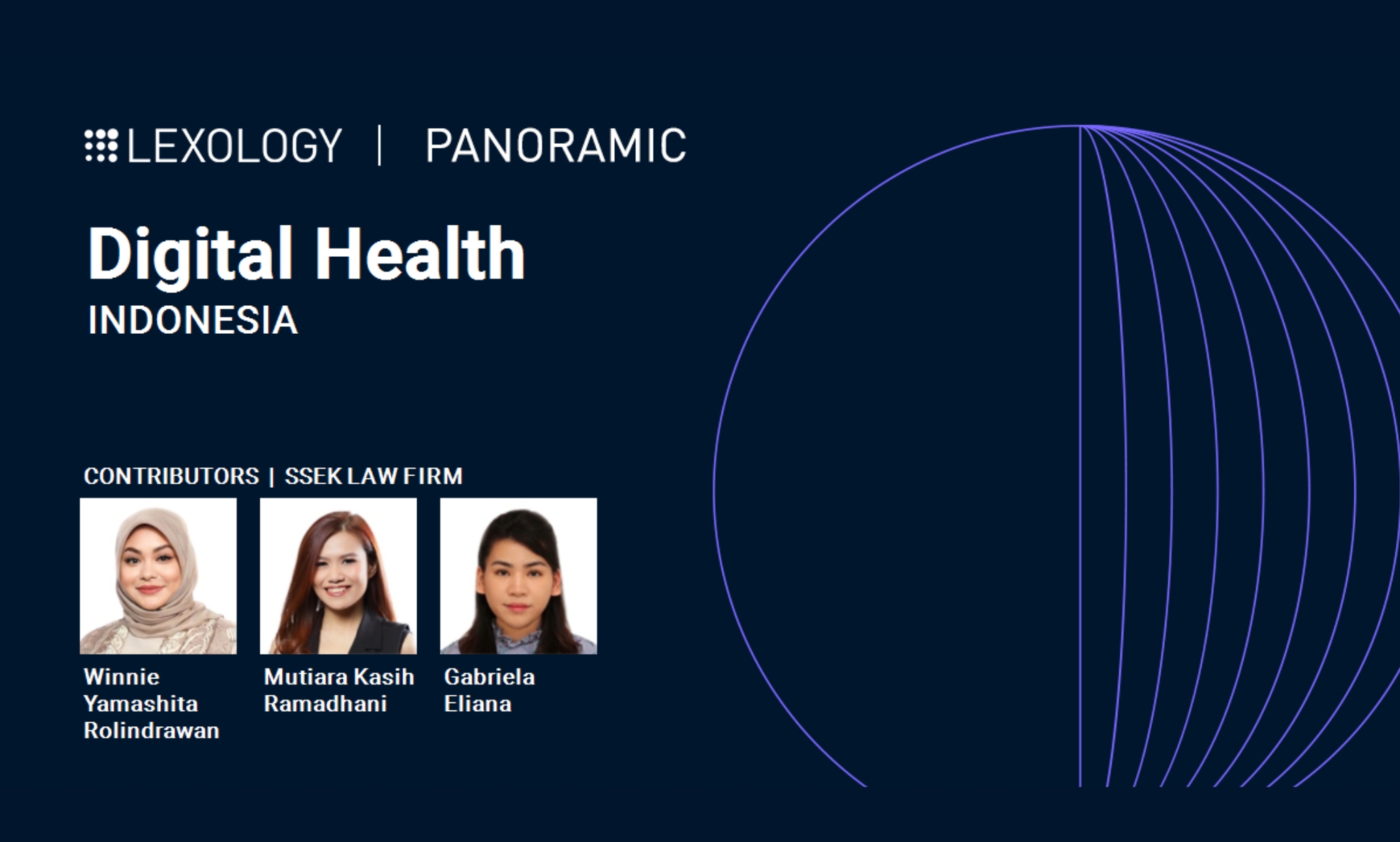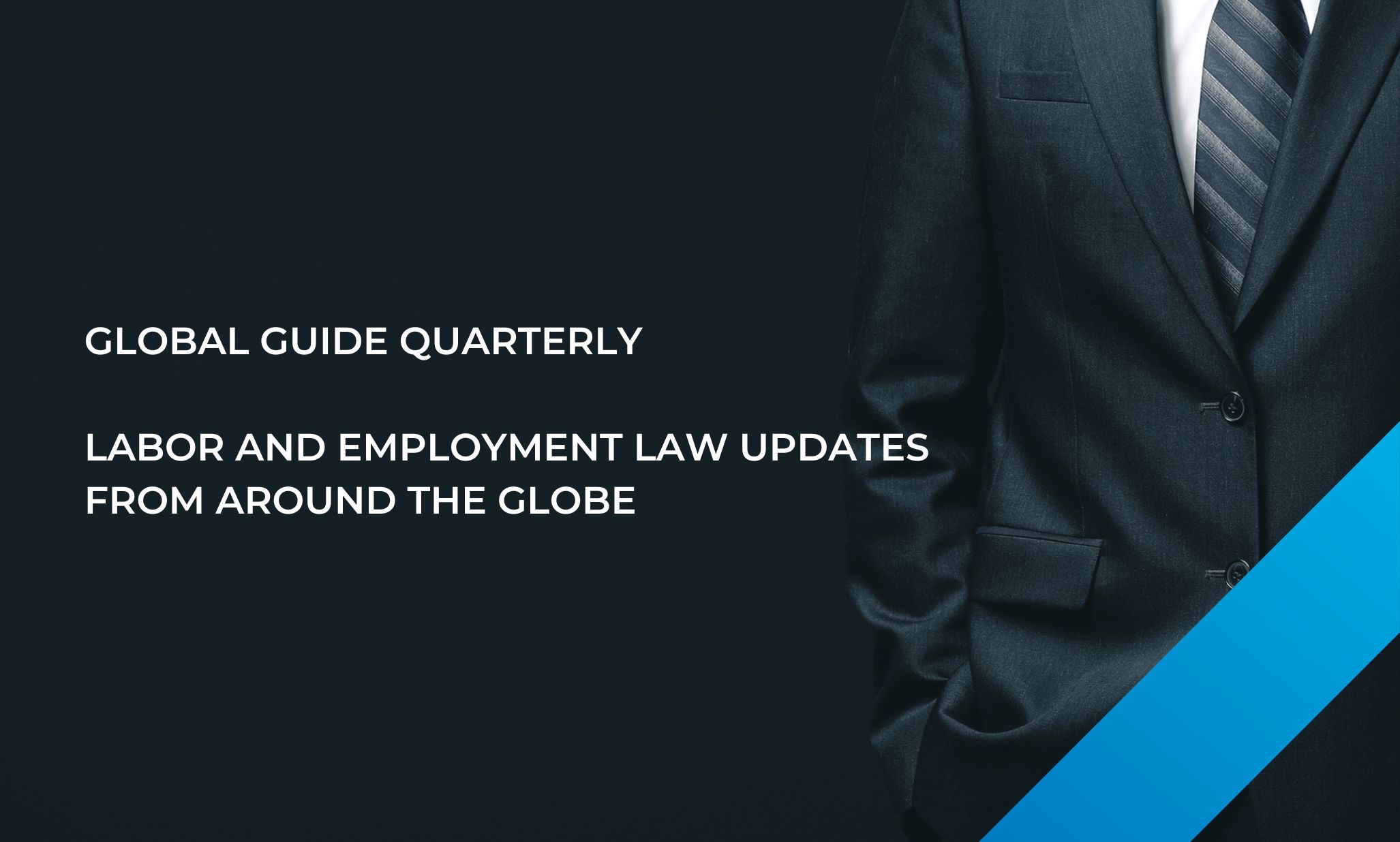


Indonesia’s Commodity Futures Trading Regulatory Agency (Badan Pengawas Perdagangan Berjangka Komoditi or “Bappebti”) recently issued Circular Letter No. 209/BAPPEBTI/SE/06/2025 regarding the Implementation of Electronic Mediation at the Futures Exchange to Settle Customer Disputes in the Commodity Futures Trading Industry, dated June 17, 2025 (“CL 209/2025”).
CL 209/2025 serves as a technical implementation of Article 17 of Bappebti Regulation No. 4 of 2020 regarding Guidelines for the Resolution of Customer Disputes in the Commodity Futures Trading Industry, dated July 30, 2020 (“Bappebti Reg. 4/2020”). Article 17 provides that mediation at the Futures Exchange may be conducted either in person or through electronic mediation (e-mediation).
Following the recent transfer of regulatory authority over financial derivatives from Bappebti to the Financial Services Authority (Otoritas Jasa Keuangan or "OJK") and Bank Indonesia, the E-Mediation mechanism will be limited to disputes involving financial derivatives or products that remain under Bappebti’s jurisdiction, namely, those classified as commodities.
Requirements for the Futures Exchange
E-Mediation by the Futures Exchange must be conducted in accordance with a Standard Operating Procedures (“SOP”) stipulated in the rules and regulations of the Futures Exchange. The SOP for E-Mediation must cover at least the following:
- Preparation Stage Prior to E-Mediation, which must include at least:
-
- Determination of the day, date, and time of the E-Mediation;
- Determination of the audiovisual media to be used;
- Summoning procedures for the parties involved; and
- Appointment of the mediator.
- E-Mediation Process, which must include at least:
-
- Submission of the identities of the parties and/or their legal representatives, along with supporting documents for the appointment of such legal representatives;
- Presentation of the E-Mediation process flow;
- Submission of each party’s statements or views, along with any supporting evidence; and
- Result of the E-Mediation.
- Documentation of the E-Mediation; and
- Reporting and Administration of E-Mediation Outcomes.
In addition to preparing the SOP as described above, the Futures Exchange must also:
- Ensure the availability of reliable information and communication technology infrastructure to support the smooth implementation of E-Mediation;
- Use the Bappebti Online Complaint System for all administrative processes related to E-Mediation;
- Notify the parties of the time and media platform to be used for the E-Mediation through the Bappebti Online Complaint System no later than three business days prior to the date of the E-Mediation;
- Appoint a mediator to assist the parties during the E-Mediation process;
- Submit the minutes of the E-Mediation and update the information for each E-Mediation conducted at the Futures Exchange in the Bappebti Online Complaint System no later than one working day after the date of the E-Mediation; and
- Maintain all documents related to the E-Mediation and submit monthly reports to the Head of Bappebti c.q. the Head of the Commodity Futures Trading, Warehouse Receipt System, and Commodity Auction Market Legislative Bureau of Bappebti no later than seven business days after the end of the reporting period and signed by the President Director of the Futures Exchange.
Requirements for the Mediator
The mediator appointed by the Futures Exchange, as part of the Futures Exchange’s obligations described above, must meet the following requirements:
- Hold a valid mediator certificate, obtained upon completing and successfully passing a mediator certification training program organized by the competent authority;
- Have no conflict of interest with any of the parties involved in the mediation;
- Possess experience in resolving civil disputes through alternative dispute resolution mechanisms;
- Have a sound understanding of the laws and regulations governing the Commodity Futures Trading sector; and
- Be able to operate remote audiovisual communication tools, including the necessary hardware and software.
Requirements and Provisions Applicable to the Disputing Parties
Disputing parties participating in the E-Mediation, whether directly or represented by a legal representative, are subject to the following requirements:
- The video cameras of the disputing parties must remain active throughout the E-Mediation process;
- If a party is represented by legal counsel, a valid power of attorney must be submitted at least one day prior to the scheduled E-Mediation;
- If a party is unable to attend the E-Mediation, that party must propose a new date for the E-Mediation; and
- If both the disputing parties are unable to attend the E-Mediation, the Futures Exchange must propose a new date for the E-Mediation.
Acceptable reasons for non-attendance under items (3) and (4) above are limited to the following:
- Medical reasons, as evidenced by a doctor’s letter;
- Under guardianship; or
- Official state duties, professional obligations or unavoidable work commitments, as supported by adequate documentation.
The disputing parties and/or their legal representatives must conduct the E-Mediation in good faith. The mediator may declare that a party is acting in bad faith if:
- The party fails to attend the E-Mediation after having been duly summoned twice without a valid reason;
- The party attends the initial E-Mediation session but fails to appear at subsequent sessions, despite having been duly summoned twice, without a valid reason;
- The party is repeatedly absent, thereby disrupting the E-Mediation schedule, without a valid reason;
- The party attends the E-Mediation but fails to submit and/or respond to settlement proposals made by the other party; and/or
- The party refuses to sign the agreed E-Mediation result without a valid reason.
Nature and Mechanisms of E-Mediation
E-Mediation proceedings are free of charge for customers and confidential, unless otherwise agreed by the disputing parties. During the proceedings, the disputing parties are prohibited from recording, documenting, or sharing any part of the discussions that take place.
E-Mediation must be completed within 21 business days following the conclusion of any dispute resolution process at the Futures Broker level. Within this 21-day period, multiple mediation sessions may be held. However, once the E-Mediation process has commenced, the customer may not cancel or re-initiate the process for the same dispute.
The E-Mediation may result in a written settlement agreement (kesepakatan perdamaian), which must be signed electronically. The agreement must include the following:
- Settlement clauses;
- Time and place of the agreement;
- Identity of the disputing parties;
- Identity of the mediator;
- Background of the dispute and the intention of the disputing parties to reach a settlement;
- Contents of the settlement agreement; and
- Closing section containing the signatures of the disputing parties and the mediator.
Any settlement agreement reached through E-Mediation will be considered final and binding. Conversely, if no settlement agreement is reached, the customer may pursue other dispute resolution mechanisms in accordance with the applicable laws and regulations. The E-Mediation will also be deemed to have been completed once a settlement has been reached or the period for resolving customer disputes at the Futures Exchange has expired.
With the issuance of CL 209/2025, customers who opt to resolve disputes through E-Mediation at the Futures Exchange level are now provided with clear procedural requirements and mechanisms to guide the process.
This publication is intended for informational purposes only and does not constitute legal advice. Any reliance on the material contained herein is at the user’s own risk. All SSEK publications are copyrighted and may not be reproduced without the express written consent of SSEK.









